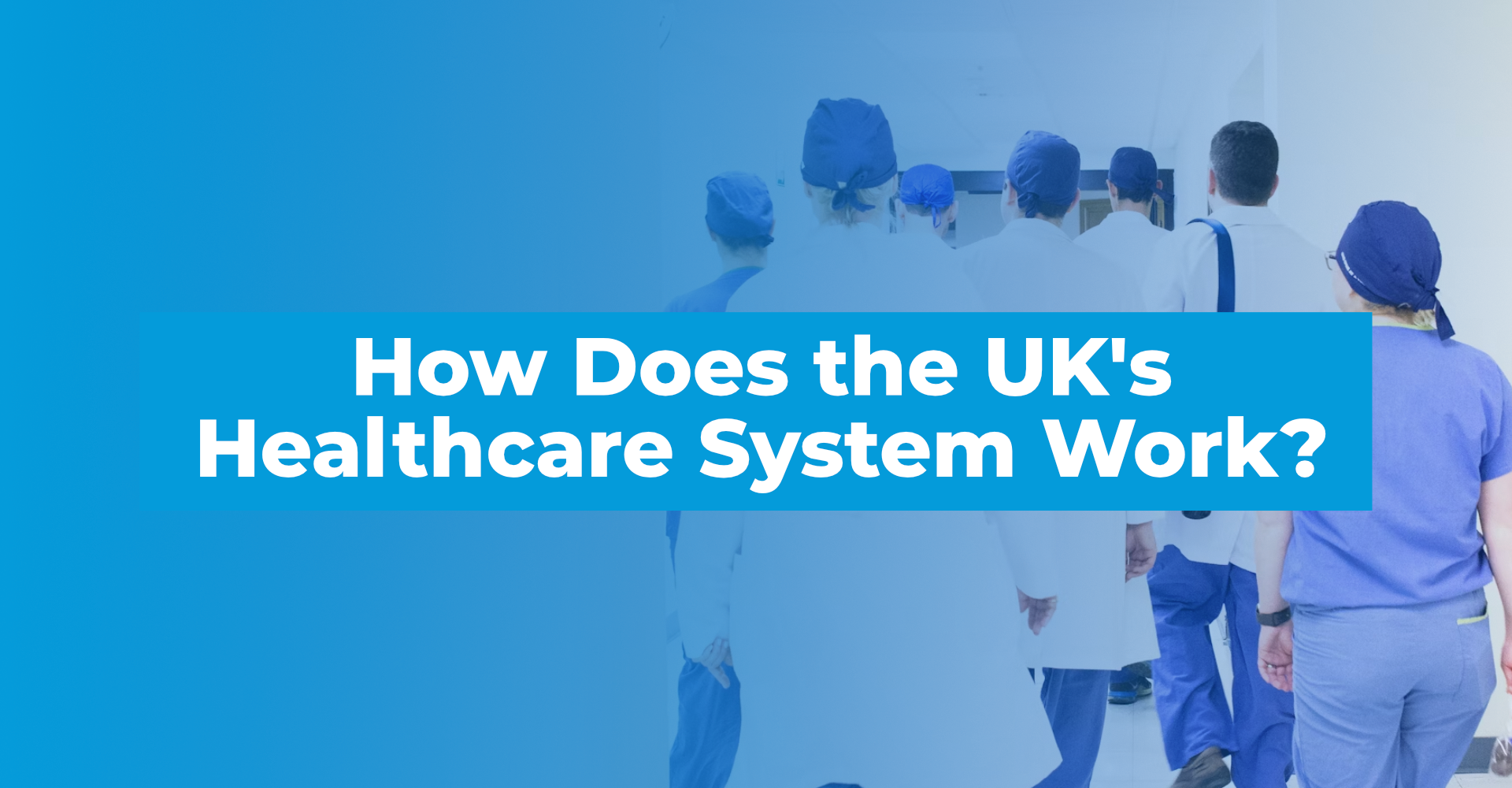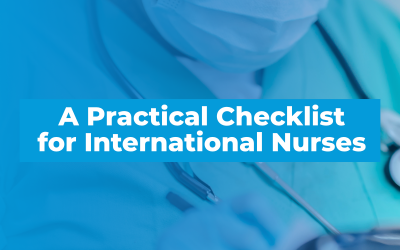Take a read of the structured overview below, detailing information to help you understand the UK healthcare system and the roles of healthcare professionals, including nurses:
1. Overview of the UK Healthcare System
The UK healthcare system is known as the National Health Service (NHS), which provides healthcare services to residents of the UK.
It is primarily funded through general taxation and provides healthcare that is free at the point of use, although there may be charges for certain services such as prescriptions and dental care.
The NHS is divided into four separate systems: NHS England, NHS Scotland, NHS Wales, and Health and Social Care in Northern Ireland.
Each system operates independently under the overall guidance and regulation of the UK government and devolved administrations.
Private Healthcare in the UK
In addition to the publicly funded NHS, the UK also has a thriving private healthcare sector that offers alternative options for individuals seeking medical treatment.
Private healthcare services are provided by private hospitals, clinics, and healthcare providers, offering a range of services from consultations and diagnostics to surgical procedures and specialist treatments. Patients opting for private healthcare often benefit from shorter waiting times for consultations and procedures compared to the NHS, as well as amenities such as private rooms and enhanced facilities. Private healthcare is typically funded through private medical insurance, self-payment, or employer-sponsored healthcare schemes. Patients may also choose to pay out-of-pocket for specific treatments or services.
Some healthcare professionals, including doctors, nurses, and allied health professionals, work in both the public and private sectors, providing services to patients across both healthcare settings. It’s important for healthcare professionals considering relocation to the UK to be aware of the coexistence of both public and private healthcare sectors and understand the differences in funding, access, and delivery of care between the two systems.
2. Structure and Functions
The NHS is structured hierarchically, with primary, secondary, and tertiary levels of care. Primary care is provided by General Practitioners (GPs), who act as the first point of contact for patients and provide basic medical services. Secondary care includes services provided by hospitals and specialist clinics, such as outpatient appointments, diagnostic tests, and elective surgeries.
Tertiary care involves highly specialised services, such as transplant surgery and neurosurgery, typically provided in specialist hospitals or centres of excellence.
3. Key Institutions
The Department of Health and Social Care (DHSC) is responsible for overseeing the NHS and setting healthcare policy in England. NHS England is responsible for commissioning healthcare services and allocating resources within England.
The Care Quality Commission (CQC) regulates and inspects healthcare providers to ensure they meet quality and safety standards. Other key institutions include Public Health England (PHE), which focuses on public health initiatives and disease prevention, and the National Institute for Health and Care Excellence (NICE), which provides guidance on best clinical practices and treatment protocols.
4. Roles and Responsibilities of Healthcare Professionals
Nurses play a vital role in the UK healthcare system, providing direct patient care, administering medications, and coordinating treatment plans. They work across various settings, including hospitals, community clinics, and nursing homes, and may specialise in areas such as paediatric nursing, mental health nursing, or intensive care nursing.
Nurses work collaboratively with other healthcare professionals, including doctors, pharmacists, and allied health professionals, to deliver holistic care to patients. They are also involved in health promotion and disease prevention initiatives, educating patients and their families about healthy lifestyle choices and managing chronic conditions.
By understanding the structure, functions, and key institutions of the UK healthcare system, as well as the roles and responsibilities of healthcare professionals like nurses, you can navigate the healthcare environment more effectively and contribute to providing high-quality care to patients.
Transitioning to another country can be a challenging endeavour, with numerous factors to take into account. In addition to comprehending the healthcare system, as detailed earlier, there are several other crucial aspects for healthcare professionals to consider when contemplating a move to the UK.
5. Training and Registration Requirements
Nurses and healthcare staff relocating to the UK must meet specific training and registration requirements set by the Nursing and Midwifery Council (NMC) or relevant regulatory bodies for other healthcare professions.
For nurses trained outside the UK, registration with the NMC is typically required to practice in the UK. This process involves the assessment of qualifications, language proficiency (e.g., IELTS/OET), and completion of a competency-based test called the Objective Structured Clinical Examination (OSCE). We have more detailed information on these elements in our Healthcare Toolkit. Healthcare staff in other professions, such as doctors, pharmacists, and allied health professionals, may also need to undergo similar registration processes with their respective regulatory bodies.
6. Immigration and Visa Considerations
Healthcare professionals relocating to the UK from overseas must ensure they have the necessary immigration status and visa to work legally in the country. The UK offers various visa routes for skilled workers, including the Tier 2 (General) visa for sponsored workers and the Health and Care Worker visa specifically for healthcare professionals.
It’s essential to familiarise yourself with the immigration rules and visa requirements relevant to your profession and circumstances.
7. Cultural and Professional Adaptation
Relocating to a new country involves adapting to a different cultural and professional environment. It’s essential to be open-minded, flexible, and willing to learn and embrace new ways of working and communicating.
Familiarise yourself with cultural norms, professional expectations, and workplace etiquette in the UK healthcare setting. Building rapport with colleagues and patients from diverse backgrounds is key to successful integration.
8. Continuing Professional Development (CPD)
The UK places a strong emphasis on lifelong learning and continuing professional development (CPD) for healthcare professionals. Nurses and healthcare staff are encouraged to engage in CPD activities, such as attending courses, conferences, and workshops, to enhance their knowledge, skills, and professional practice.
The NMC and other regulatory bodies provide guidance and resources on CPD requirements and opportunities for professional growth.
9. Support Networks and Resources
Establishing support networks and accessing resources can ease the transition to a new country and healthcare system.
Seek out professional associations, support groups, and online forums for nurses and healthcare staff in the UK, where you can connect with peers, share experiences, and access valuable information and advice.
Utilise resources provided by employers, such as orientation programs, mentorship schemes, and employee assistance programs, to support your professional and personal well-being.
At Leaders in Care, we have a dedicated international division with expert consultants who understand the difficulties and nuances of relocating to the UK. They are primed to help you on your end-to-end journey from simplifying the registration process to finding you the ideal role. For more information, get in touch today!




